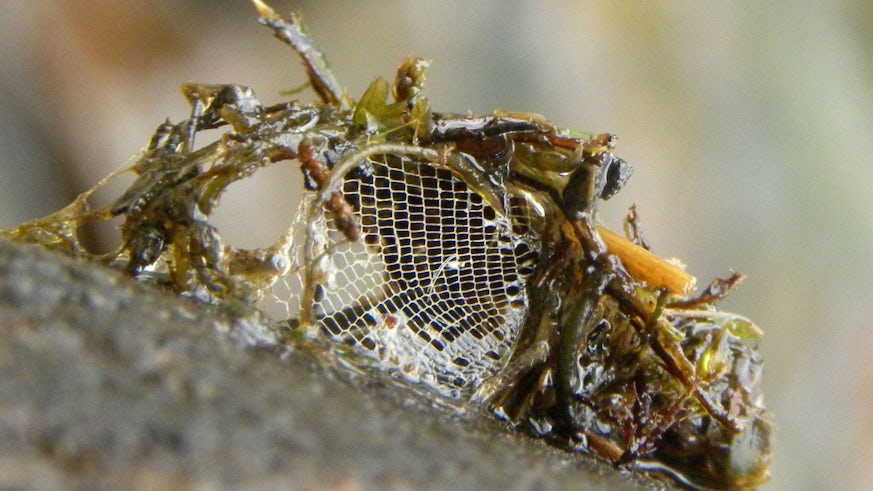30 year river study finds overlooked extinction effect
30 April 2018

Global change is causing freshwater species to be lost twice as fast as in any other ecosystem, and new research, which studied Welsh rivers and streams for over 30 years, has found that the number of specialist invertebrates are dwindling.
Cardiff University researchers monitored fourteen streams at the Llyn Brianne Observatory, collecting data from the headwaters of the River Tywi in Wales since 1981. The data revealed that specialist organisms, like predatory flatworms, certain stoneflies or caddis larvae, are in sharp decline, as their precise needs make them vulnerable to changes in climate.
Not only is the change in their environment causing their numbers to decrease, but once these species become scarce they have limited ability to recolonise their previously occupied habitats.
The study, completed by Cardiff University’s Water Research Institute, Cardiff University School of Biosciences, University of Trento, German Centre for Integrative Biodiversity Research and the Computer Science Department at Martin Luther University, not only shows that specialist invertebrates are declining, but it potentially gives an early warning of bigger changes to come.
Professor Steve Ormerod, Cardiff University School of Biosciences, said: “Freshwater ecologists are seriously concerned at the plight of the world’s rivers, lakes and wetlands, and at the rate at which they’re losing plants and animals of many types.
“Yet, many people are unaware of this ongoing tragedy hidden beneath the water surface. Our results show that the build up to species extinction can start in a subtle way, for example, where climate change causes numbers to decline before sudden disappearance.
“We’ve already lost one species like this across large areas of Wales, the flatworm Crenobiaalpine, whose specialism is predation in cool-water streams.
‘Lifting the veil: richness measurements fail to detect systematic biodiversity change over three decades’ is published in Ecology.
Dr Stefano Larsen, University of Trento, added: “Species extinction is now a major global issue, but is seen mostly as large-scale changes where whole habitats are lost, invaded by non-native species, polluted or over-exploited.
“Local trends have been less clear, particularly from long-term studies at sites like Llyn Brianne, where the absence of serious ecological disruption means that more subtle changes are visible.
“Our study shows how species with special ecological needs progressively form a smaller and smaller proportion of the species in our study streams, and there is a risk of them disappearing altogether.”


